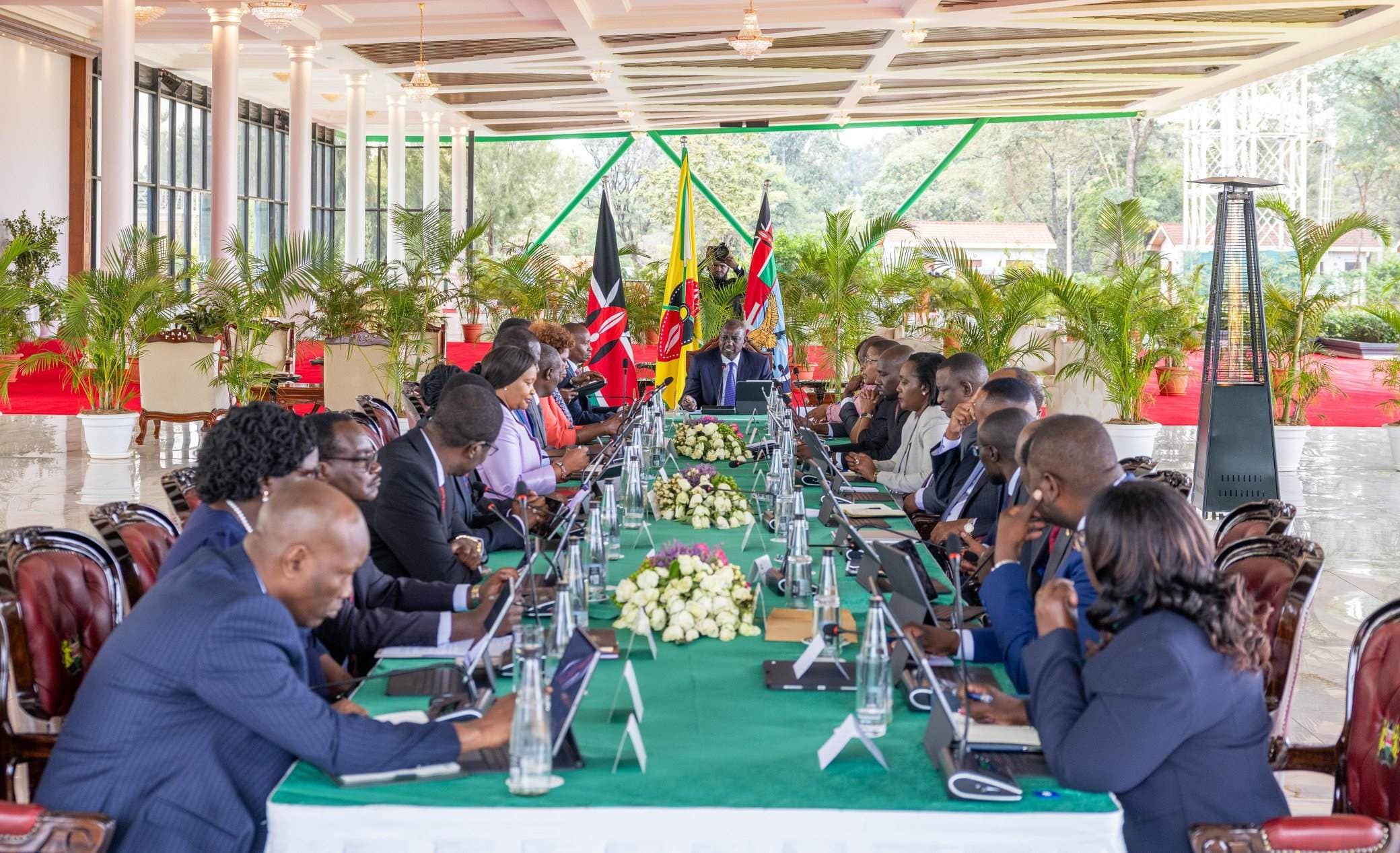We're loading the full news article for you. This includes the article content, images, author information, and related articles.
Sweeping Bill sets up a watchdog, an emergency-care fund and a healthcare tribunal to protect patients.

Nairobi, Kenya — A new Bill before Parliament proposes the establishment of a truly independent regulatory watchdog and mandates mandatory licensing and accreditation for all service providers in its scope—a move poised to reshape regulation in Kenya’s emerging digital economy.
The Virtual Assets Service Providers Bill, 2025, introduced to the National Assembly on April 4, 2025, would create a legal framework requiring all digital asset exchanges, wallet operators, and related entities to be formally licensed and accredited by designated authorities, including the Central Bank of Kenya (CBK) and the Capital Markets Authority (CMA) .
Central provision: an independent watchdog empowered to oversee virtual assets service providers (VASPs), ensuring compliance with licensing conditions, technical standards, and consumer-protection norms.
Under the bill:
Every provider—whether individual or company—must secure a licence issued by the relevant authority, as designated through regulations or Cabinet notice .
Providers are required to maintain a physical presence in Kenya, staffed by at least three natural-person directors—a measure aimed at strengthening domestic accountability .
The watchdog is empowered to accredit providers, enforce standards, and revoke licences where entities breach rules, become insolvent, or fail to comply with directives .
These provisions aim to eliminate anonymity in digital finance and provide clarity for regulators and consumers alike.
Consumer protection is a central concern: the licensing regime aims to safeguard users from fraud, misconduct, or misuse by requiring providers to disclose relevant client information and operate transparently. It expressly targets anonymity in crypto transactions .
The establishment of a neutral oversight body represents a significant departure from fragmented regulation, intending to unify supervision under one clearly empowered entity.
By mandating local operational bases, the bill strengthens traceability and jurisdictional reach over providers operating within Kenya’s borders.
|
Key Provision |
Details |
|---|---|
|
Watchdog |
Independent regulator for virtual asset platforms |
|
Licensing Required |
All providers must hold a licence issued by CBK, CMA or other designated authority |
|
Accreditation |
Mandatory accreditation; revocation powers included |
|
Local Presence |
Providers must operate physically in Kenya with at least three natural-person directors |
|
Key Aim |
Safeguard consumers; ensure accountability & transparency in virtual asset services |
As Kenya intensifies efforts to govern virtual finance and align with global regulatory norms, the Bill introduces long-awaited statutory certainty. It seeks to mitigate risks associated with crypto assets—ranging from money laundering to market manipulation—while enabling responsible innovation and formalization of the sector.
If enacted, the Bill promises to anchor regulation in constitutional oversight, create predictable entry standards for providers, and significantly reshape how virtual asset businesses operate on Kenyan soil. Let me know if you’d like coverage on stakeholder reactions, compliance timelines or comparative regulatory frameworks in other markets.
Keep the conversation in one place—threads here stay linked to the story and in the forums.
Other hot threads
E-sports and Gaming Community in Kenya
Active 8 months ago
The Role of Technology in Modern Agriculture (AgriTech)
Active 8 months ago
Popular Recreational Activities Across Counties
Active 8 months ago
Investing in Youth Sports Development Programs
Active 8 months ago